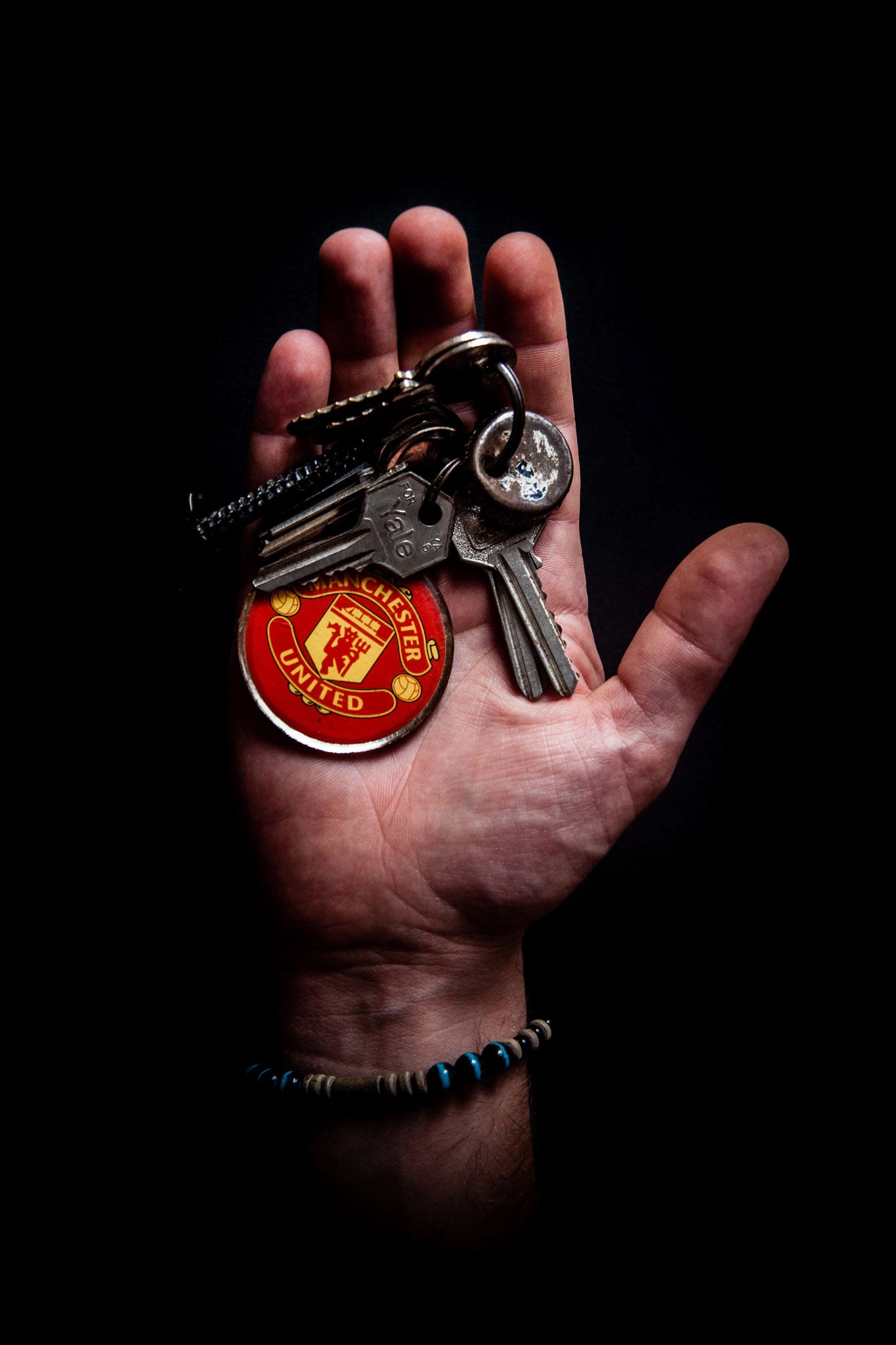Syria's dispossessed speak out: What does "home" mean now to the million refugees forced to flee across the border to Turkey?
One million Syrians who have fled their homeland have crossed the border to Turkey – yet many continue to cling to the keys of homes they are unlikely ever to see again. The photojournalist Bradley Secker hears their stories...

Your support helps us to tell the story
From reproductive rights to climate change to Big Tech, The Independent is on the ground when the story is developing. Whether it's investigating the financials of Elon Musk's pro-Trump PAC or producing our latest documentary, 'The A Word', which shines a light on the American women fighting for reproductive rights, we know how important it is to parse out the facts from the messaging.
At such a critical moment in US history, we need reporters on the ground. Your donation allows us to keep sending journalists to speak to both sides of the story.
The Independent is trusted by Americans across the entire political spectrum. And unlike many other quality news outlets, we choose not to lock Americans out of our reporting and analysis with paywalls. We believe quality journalism should be available to everyone, paid for by those who can afford it.
Your support makes all the difference.It is all about the little details: a painted fingernail; a silly toy; a desperate grip. Every hand offers a clue about the life behind it, yet the sitter remains largely anonymous.
They do, however, all have one thing in common: each hand belongs to a person displaced by the war in Syria; the keys belong to the homes from which they have been forced to leave.
The photographs are the work of Bradley Secker, a 27-year-old British photojournalist who has been living and working in Turkey since January 2012, focusing on how issues of identity, migration, sexuality and the socio-political affect the area. Although based in Istanbul, since June 2013 he has journeyed around the country to meet and photograph some of the million refugees who have travelled across the border from neighbouring Syria.
Secker has called his project "Nakba", meaning "catastrophe" – though he understands that it is a loaded term in the region, since it is a word inseparably connected to the 1948 Palestine War, which saw around 700,000 people flee the country. "It often gets a double-take," says Secker. "But people understand it. In my opinion, this is the biggest catastrophe of the past decade in terms of humanitarian crisis. That's partly why I used the word, but it was also to engage people."
Secker decided to photograph the hands and keys of refugees after growing concerned about the media's coverage of the war. "I'd done lots of assignments covering the crisis and I felt like a lot of it exploited people's misery," he says. "I wanted to give the people I was photographing a bit more dignity and some anonymity. The idea behind the images is to convey the meaning of having lost your home, and I think that's something easy to relate to for a lot of people."
He also suggests that hands can give away plenty about their owner. "You can tell gender, a little about the kind of life they've had, the job they've done. They're quite expressive."
Secker's first subject was his Syrian housemate. Since then he has taken photographs of around 80 people. It is an ongoing project and it has taken him all over Turkey, from a refugee camp in Islahiye and a bus station in the town of Kilis on the Syrian border, in the south of the country, to major cities such as Istanbul in the north.
"I have several people lined up to photograph over the coming weeks. It's actually more tricky than you would perhaps expect for such a simple series. People forget to bring their keys, are busy, or they travel somewhere at the last minute."
Participants were also asked to share a few words about the meaning of home for them. The poignant messages range from "My soul" to "The place I was going to put down roots."
"It's interesting, there was not much cross-over between people," Secker recalls. "Almost everybody said something quite unique. I suppose everyone has a different view of home."
Each picture, then, comes with a personal story. Hael is a huge football fan and saw Manchester United play once on a trip to England. Aboud D used the colourful Lego toy, a gift from his brother, as a torch when the electricity went out in his home during a bombardment.
Ola and Aboud F married in Turkey after the images were taken. They invited Secker, by then a friend, to take photos of their wedding. He recalls it being a bittersweet moment; the couple had to live-stream their wedding over Skype on various laptops to relatives who had been displaced over four countries.
Sadly, a number of those forced to leave their homes will no longer have one when, or if, they return. "Some of their houses had already been destroyed – but they still kept their keys," says Secker. "Personally, I have kept keys from the past six or seven apartments I've had in three or four countries. I think it's quite a human thing to do. These keys have become a symbol of people's homes, and by extension what's happening in their country. There's something sentimental about them."
For more: bradleysecker.com/syrian-nakba
Join our commenting forum
Join thought-provoking conversations, follow other Independent readers and see their replies
Comments